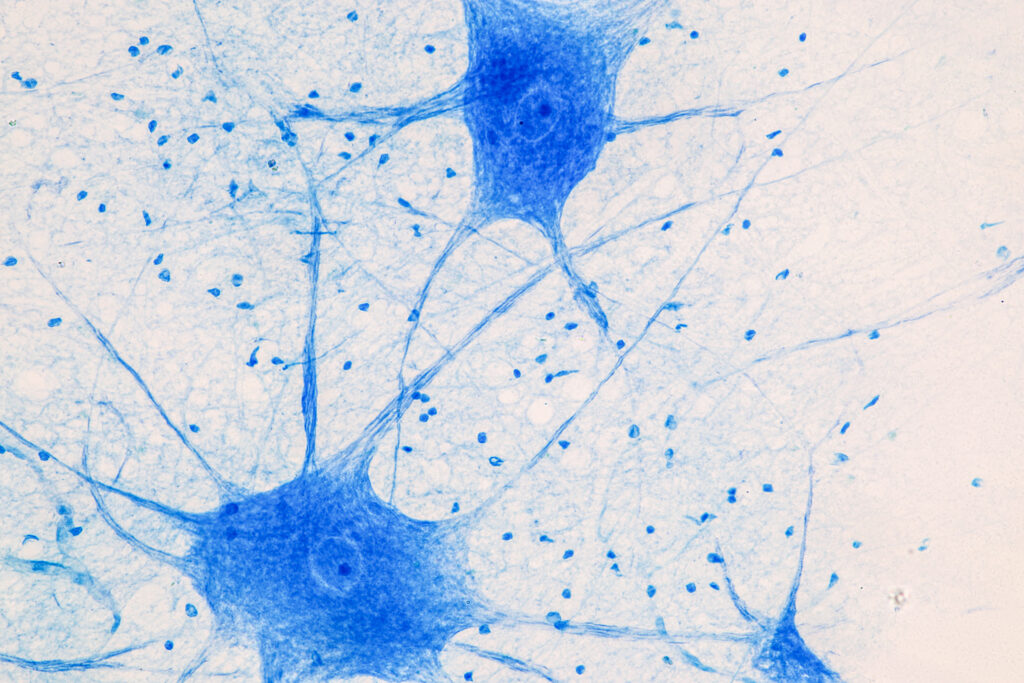Advancing Our Pipeline
Preclinical
Phase 1
Phase 2
Phase 3
Approval
Proprietary Programs
Partnered Programs
CNP-101/TAK-101 Celiac Disease Takeda Partnership
Undisclosed Indication Genentech Partnership

CNP-104 Primary Biliary
Cholangitis
Biliary Cholangitis is a rare autoimmune disease targeting the liver; it affects 133,000 people in the U.S. PBC is caused by the dysregulated immune response towards proteins of liver bile duct cells which leads to immune-mediated destruction of bile ducts. As a result, bile acids build up progressively in the liver leading to irreversible damage and scarring of the liver tissue ultimately requiring liver transplant. COUR is developing CNP-104, a biodegradable nanoparticle encapsulating PDC-E2. CNP-104 is design to potentially address the underlying dysregulated immune system responsible for disease progression or recovery of the damaged tissue. CNP-104 received Fast Track designation by the FDA in January 2022.
CNP-103 Type 1 Diabetes
Type-1 Diabetes (T1D) is an autoimmune condition driven by immune autoreactivity to proteins found in insulin producing islet cells in the pancreas. Immune mediated destruction of pancreatic islet cells results in loss of insulin production leading to high blood glucose levels which can affect normal functioning of multiple organs in the body. CNP-103 has the potential to address the underlying immunological drivers of T1D and return balance to the immune system via antigen-specific immune reprogramming to stop immune mediated destruction of pancreatic islet cells. COUR believes that the highly specific mechanism of action of CNP-103 could achieve long term therapeutic efficacy without causing broad immune suppression.


CNP-106 Myasthenia Gravis
Myasthenia Gravis (MG) is a debilitating autoimmune disease affecting the neuromuscular system. In MG, dysregulation of the immune system results in immune mediated destruction of the neuromuscular cells resulting in weakening of the skeletal system. CNP-106 is an antigen specific investigational therapeutic designed to potentially prevent immune mediated neuromuscular destruction. In doing so, CNP-106 aims to reprogram the immune system to address the immunological root cause of disease in Myasthenia Gravis.
To our knowledge, this is the first clinical trial to demonstrate induction of antigen specific immune tolerance in any autoimmune disease
Ciarán Kelly, Md,
Professor of Medicine at Harvard Medical School

CNP-101/TAK-101 Celiac Disease
Celiac disease is a genetic autoimmune disorder that affects approximately 1% of the global population. In celiac disease, ingestion of gluten leads to damage of the villi in the small intestine causing malabsorption of nutrients. This can lead to long-term health conditions such as nutritional and vitamin deficiencies often precipitating early onset of osteoporosis or osteopenia. Furthermore, it can lead to more malignant conditions such as Non-Hodgkin lymphoma and small intestinal adenocarcinoma. Failure to comply with a gluten-free diet will typically lead to relapse as the underlying pathology of celiac disease remains unaddressed.
COUR has developed CNP-101 otherwise known as TAK-101, a biodegradable nanoparticle encapsulating gliadin proteins – the major component of dietary gluten. CNP-101 is the first investigational agent to induce antigen-specific immune tolerance in any autoimmune disease. In a Phase 2, double-blind, placebo-controlled clinical trial, patients with celiac disease were treated with CNP-101 and, starting one week later, were fed wheat gluten for 14 days. While patients receiving placebo developed severe immune responses to gliadin and damaging inflammation in their small intestine, patients treated CNP-101 showed significantly less inflammation.
In addition, CNP-101 showed a trend toward protecting the intestines from gluten-related injury when compared to untreated patients. Based on these Phase 2 clinical results, Takeda acquired the license to CNP-101 in October 2019 and will lead further clinical development.